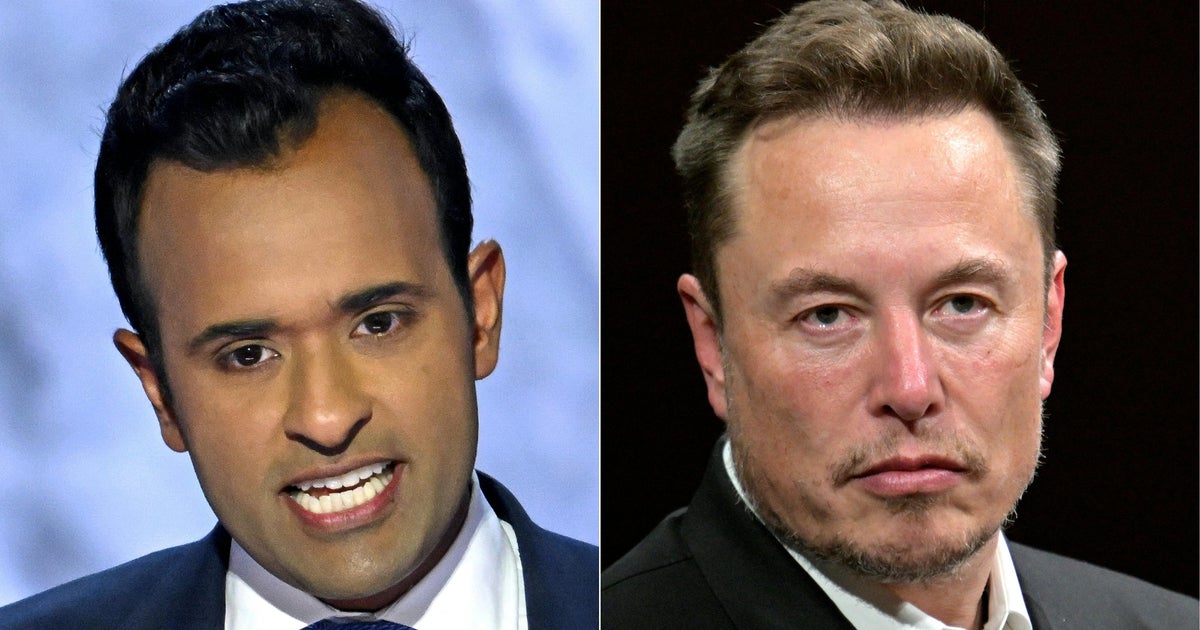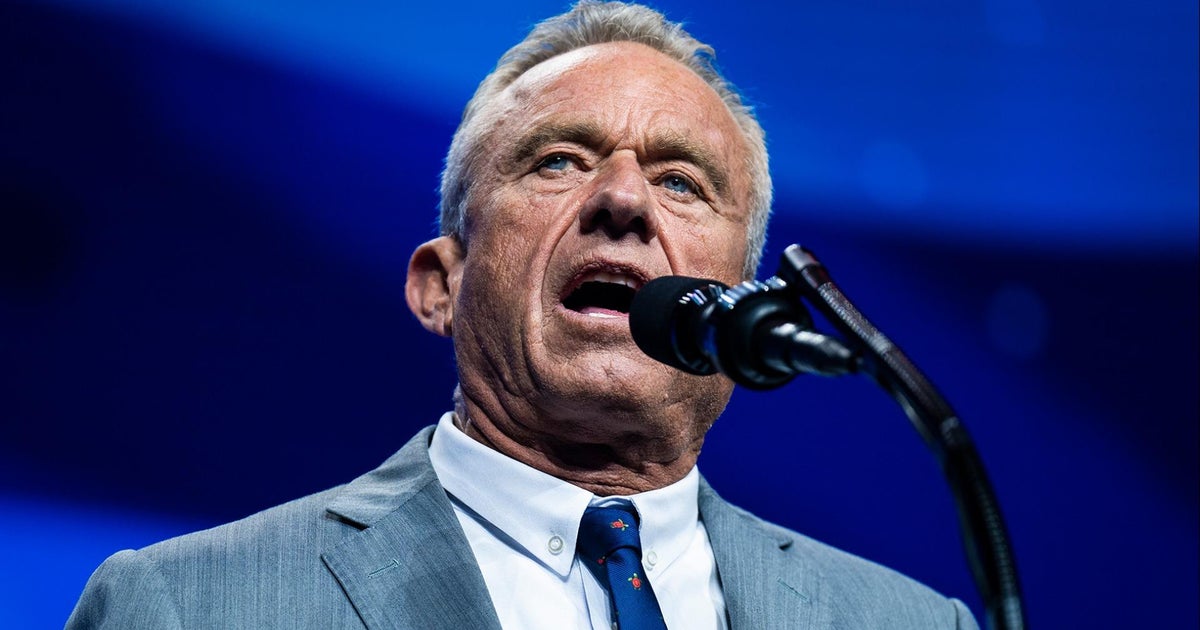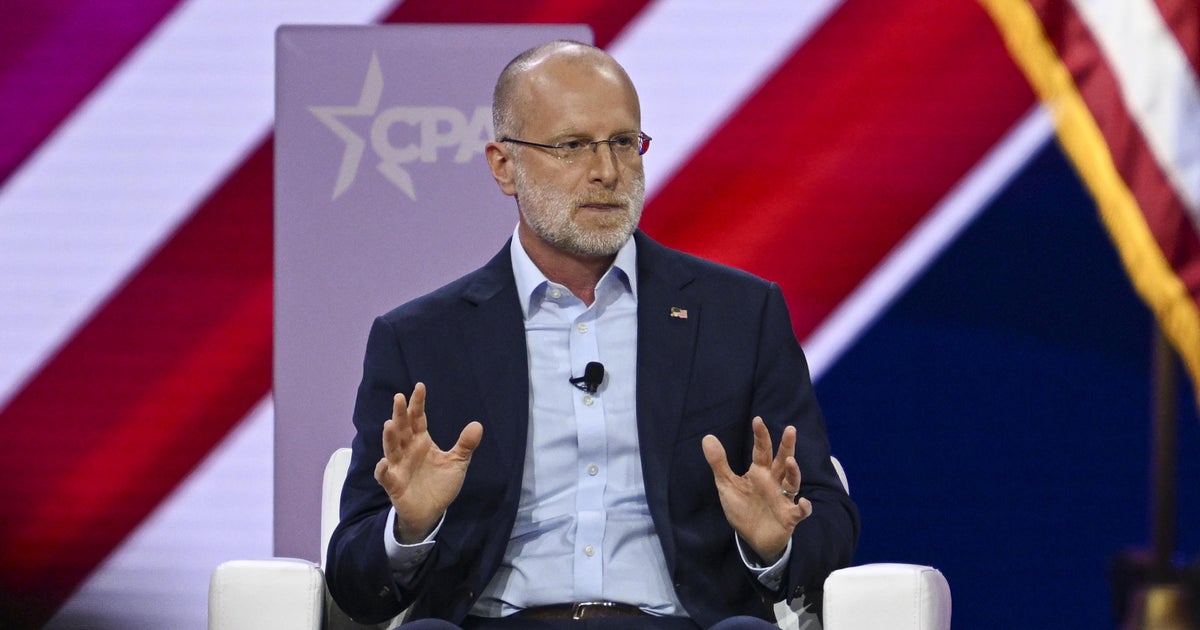U.S. could face new trade battle over car tariffs
As the U.S. seeks to ease trade tensions with China, it risks ramping them up with the European Union.
The European Union says that it will respond if U.S. authorities conclude that European cars are a threat to national security and should be hit with punitive tariffs.
The U.S. Commerce Department is expected to issue soon an opinion on whether auto imports endanger U.S. national security enough to justify import taxes. U.S. President Donald Trump would then have 90 days to decide whether to impose them.
EU spokesman Margaritis Schinas said Monday that if the U.S. goes ahead with "actions detrimental to European exports, the European Commission would react in a swift and adequate manner."
The EU and the U.S. have been trying to work out a trade deal but progress has been slow.
The Commerce Department began its investigation last year under the same law used to impose higher tariffs on steel and aluminum. Section 232 of the Trade Expansion Act of 1962 gives the president authority to restrict imports and impose unlimited tariffs if a Commerce Department investigation finds a national security threat.
President Donald Trump invoked the rarely used statute to impose steel and aluminum tariffs last year.
About 7.2 million U.S. jobs are directly tied to the auto industry: 2.4 million are employed by automakers, 1.6 million by dealers and another 3.2 billion by auto suppliers, according to the National Auto Alliance. In the U.S., domestic and foreign automakers make vehicles in 14 states, according to the Alliance of Automobile Manufacturers (AAM), another lobbying group for carmakers.
"We urge the [Trump] Administration to not impose auto tariffs but rather, improve our national economic security by concluding trade pacts with key partners such as the E.U., Japan, and the U.K., and exploring additional market access opportunities for U.S. auto exports," AAM said in a Feb. 14 statement.



